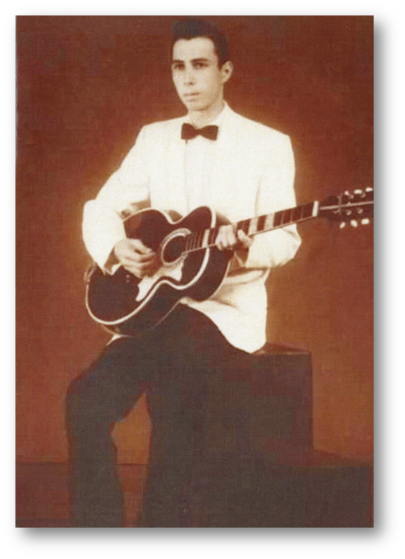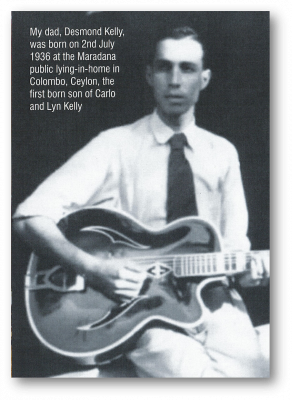A Resume of Des Kelly ( as supplied by his son)
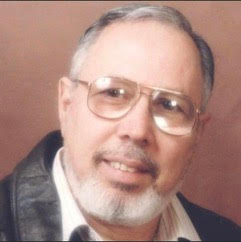
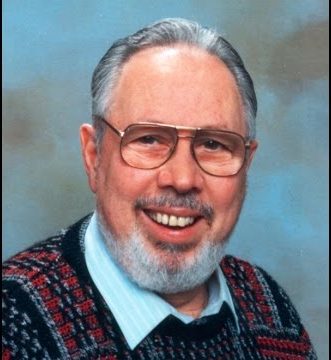
KELLY, Desmond Anthony Carl (Des), born July 2, 1936, Colombo, Ceylon. Early education 1941, at Convent of Our Lady of Victories, Moratuwa, Secondary education at St Peter’s College, Bambalapitiya, Colombo. At the age of 5 he sang his first solo on-stage for the Convent’s Annual Concert. At 10 years of age he met Wally Bastiensz, who taught him the art of singing baila. He won his first professional baila competition on-stage, although he hadn’t a clue as to what he was actually singing about.
At St Peter’s College, he joined the Music, Art & Drama Society under Fr Noel Crusz, OMI. . He continued with both singing and acting in various roles and taught himself to play the ukulele. He started his own Christmas-Carol Party at Lorensz Road, Bambalapitiya. In 1950, an English circus troupe came to Ceylon under contract to Donavan Andree, Dad decided to leave school and run away from home to join the circus. By this time he had learned to play the acoustic guitar. He played and sang with the show that The Jenkins and Schuberts Circus Troupe called the “Continental Non-Stop Revue”. They played all around the Island for nearly 5 months, 3 separate shows, 7 days a week, 2 hours at a time, featuring music, magic, comedy and general circus acts non-stop and he enjoyed every single minute of it.
The circus was the ultimate in show-biz for him. When they were about to leave Ceylon, Fred and Edna Jenkins wanted to adopt him as, sadly, their eldest son had passed away in India enroute to Colombo. He would have loved to have gone around the world with his new circus family but his mother refused point-blank to sign-over her eldest son to anyone. Being held back from joining the circus, he went to work part-time for Donavan Andree who was, who Des says was, “Undoubtedly, the biggest and best showman Ceylon ever had and will ever have”. He was the first professional entertainer to work for the great man. Then one of Ceylon’s radio greats, Vernon Corea, took him under his wing and taught him how to handle radio. he became the first radio entertainer to be featured on a show called “Spotlight”. One interview created so much publicity that he ended up with a fan-club of around 250 people, mostly women. During 1953, there was hardly a week that passed when he was not featured on radio and doing various floor and stage shows for Donavan, and there wasn’t a night-club or hotel worthy of their name where he didn’t feature in a show. He sang everything: baila, ballads, calypso, country, Latin. You name it, he sang it. And the reason he was so popular? He knew what people wanted and sang what they wanted to hear. A natural performer and entertainer, he knew how to engage his audience with music and make them want to sing and dance. He always appreciated the help and backing of Donavan.
He continued to work part-time for Donavan but also began a regular job early in 1954 at the age of 18 when he joined the Royal Ceylon Navy as a Supply Assistant. Where he had Donavan’s help on the outside, in the Navy it was Rear Admiral Royce de Mel who backed him. The Rear Admiral was very proud of the “Singing Sailor”, as he called him, and gave him every assistance to further his musical career while also serving the Senior Service with integrity. By now he had become a household name. He was easily identified as he was rarely seen without an old acoustic guitar slung across his back and there was hardly a concert staged in Ceylon that did not feature his name in their program. It was around this time that, without any musical theory whatsoever, he began to write his own songs. He found that he could write lyrics and fit in a tune with natural ease. He then wrote Dream-World (for Neliya Hingert), wrote a song called “Celonia” for his musician-friend, Melroy de Zilva, a song for a girl named Aloma, and other songs inspired by the numerous girls he had met. Had wrote lyrics and music to many songs but it was Dream-World, recorded in 1957 together with his singing group “The Semi-Tones” which included his brother, Rogan Kelly, Charley Schokman, Conrad de Silva, and produced by his friend, Chris Greet (of Commercial Service of Radio Ceylon), that became a perennial favourite both in Sri Lanka and abroad.
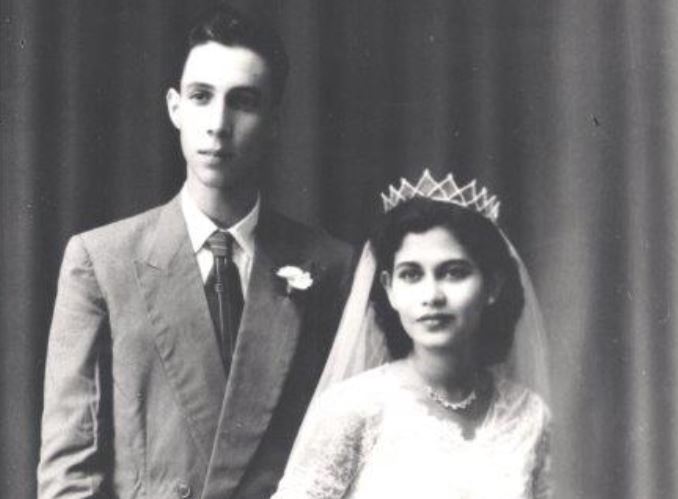
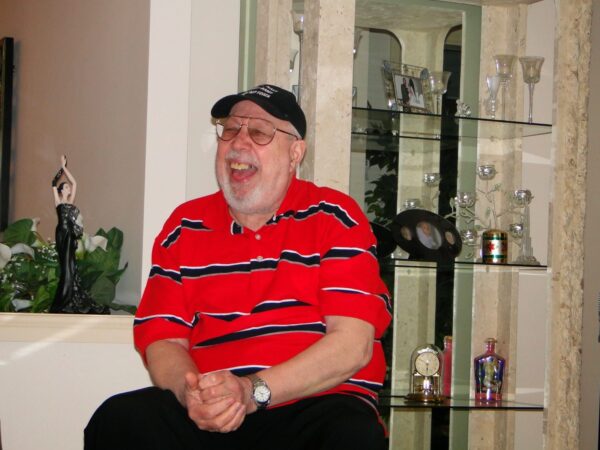
Another first, Dream-World was the only English original composition to be accepted by Philips in Holland from a selection of many others submitted from Ceylon at the time. The single, with “Cha Cha Baby” on the flip side, sold thousands of copies before it had even arrived in Ceylon. Once there, it went straight into the “Hit Parade” and topped the charts inside of one month. It stayed at the top for three months relegating Elvis Presley’s “Don’t Be Cruel” to number 2 for that whole period of time. From Ceylon, Dream-World went into the Indian “Binaka Hit-Parade” and reached the top in India also. From 1936-1962, he had a very brief but extremely full young lifetime of 26 years in what he calls his “Lovely Island Home”. In 1962 he left the Royal Ceylon Navy and immigrated to Melbourne Australia with his wife and young family, and his sons, Michael and Douglas. For all the years since he left the Sri Lanka, Dream-World is still requested and played on-air in Sri Lanka. In Australia, he took on acting roles in several Crawford Production dramas, including “Homicide” and “Hunter”; secured a part-time job as an Assistant Entertainment Manager for the huge Federal Hotel Group in Melbourne, for whom he organized and ran the biggest talent quest at the time called “Search for a Star”; and managed several bands and other entertainers while still doing the odd floorshow himself at top nightclubs. He recorded “Folk-Songs of Ceylon” for the Crest label and taught “The Midnight Five” to sing in Sinhala, making them the first and only Australian group to do so (the Sri Lankans loved it).
He won a television competition with a song about road-safety (another original composition), wrote the lyrics and music of more than a hundred songs and recorded many CDs. For many years in addition to all this, he ran his own Security Company (D.K. Security). Today he still plays keyboards and records various songs at his home and is now also considered an international journalist as articles written by him are accepted and have been published in America, England, Canada and, of course, Australia where, currently, he is the Editor-on-Chief Lanka Times (Newspaper) and eLanka, the largest Website for Lankans in Oz and around the world.. Although he cannot move around as well as he used to (due to a spinal problem), he plans to retire, but only when they “carry him out”. (Contributed by
